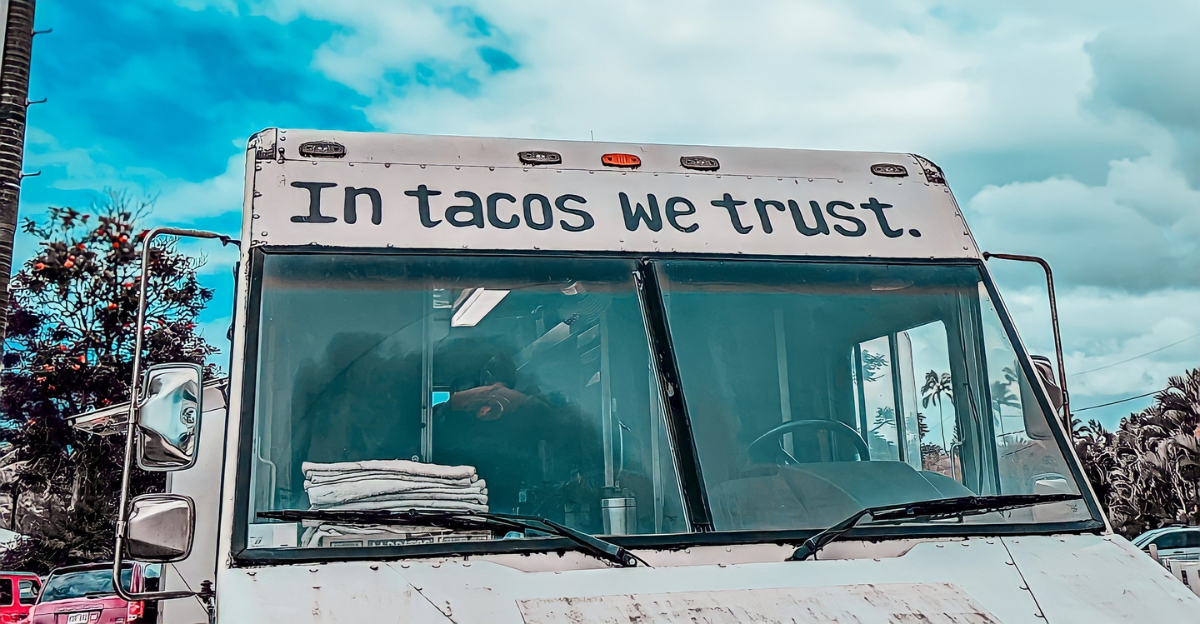
Taco trucks have always been more than rolling restaurants; they are multicolored symbols of immigrant industry and cultural mash-up in America’s urban fabric. But a grim reality lies beneath the sizzling grills and convivial crowds: a national shutdown of taco trucks is happening.
It’s not just business failure, but rather an elaborate collapse brought on by intersecting factors, increasing costs, a regulatory crackdown, immigration enforcement, and longstanding quirks of consumer behavior.
It is not just an issue of gastronomic diversity, but also of the economic underpinnings of immigrant neighborhoods. What is the social fabric and urban culture at play?
The Impact Of Strict Regulations and Enforcement
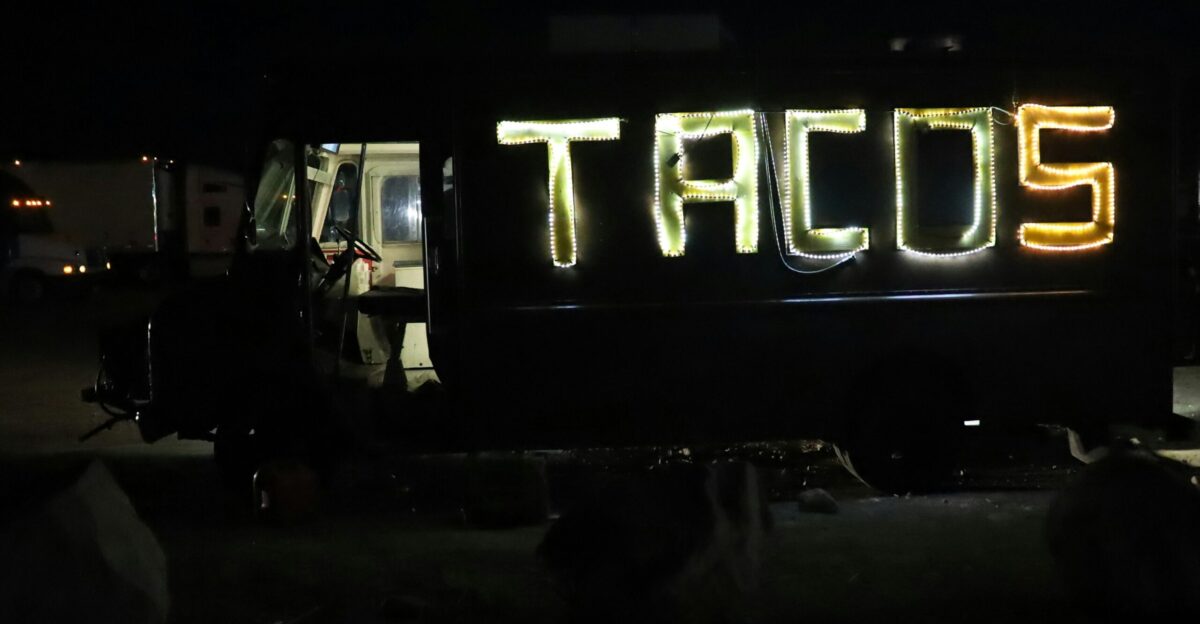
Pressure Immigration enforcement has chilled taco trucks, particularly in immigrant-heavy areas. Workers and customers alike shun them, fearing they could be arrested and deported, and they take foot traffic and sales with them.
Meanwhile, city governments impose stiff health and operating requirements on mobile vendors that advantage brick-and-mortar restaurants and drive mobile vendors into bankruptcy.
This policy environment, raids, and permit enforcement have driven many operators to close or drastically reduce their operations, turning vibrant street life into ghost towns. The taco truck business is struggling and hanging by a thread because of policy and enforcement decisions.
Economic Stress Factors
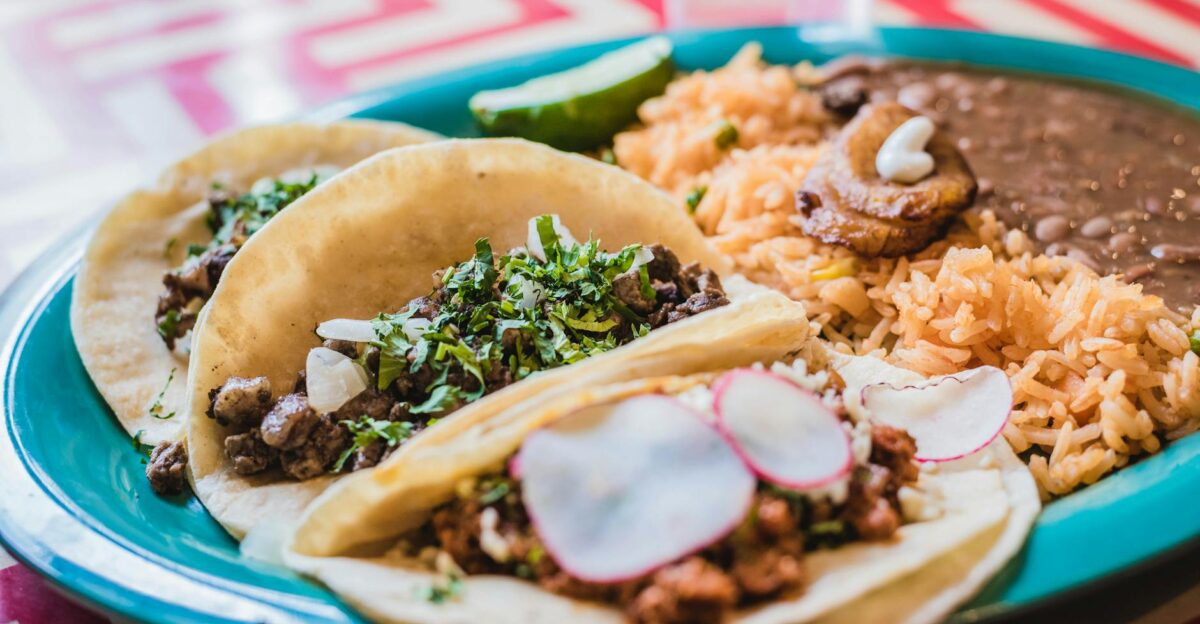
Explosive food prices and volatile supply chains are battering the taco truck business. Costlier key items such as meat, vegetables, and vegetable oils also moved to record-high levels on inflation concerns and a global grain crunch on the back of geopolitical unrest.
Operators must set their menu prices to their customers’ willingness to pay, which can mean razor-thin or negative practical profit margins.
Repair and maintenance costs of old trucks contribute to financial expenses, and these economic blasts are not in a vacuum; their ripple effects reverberate up and down the entire supply chain, putting the lives of small, family-owned food trucks that operate on slender margins at risk.
Labor Shortages and The Hidden Workforce
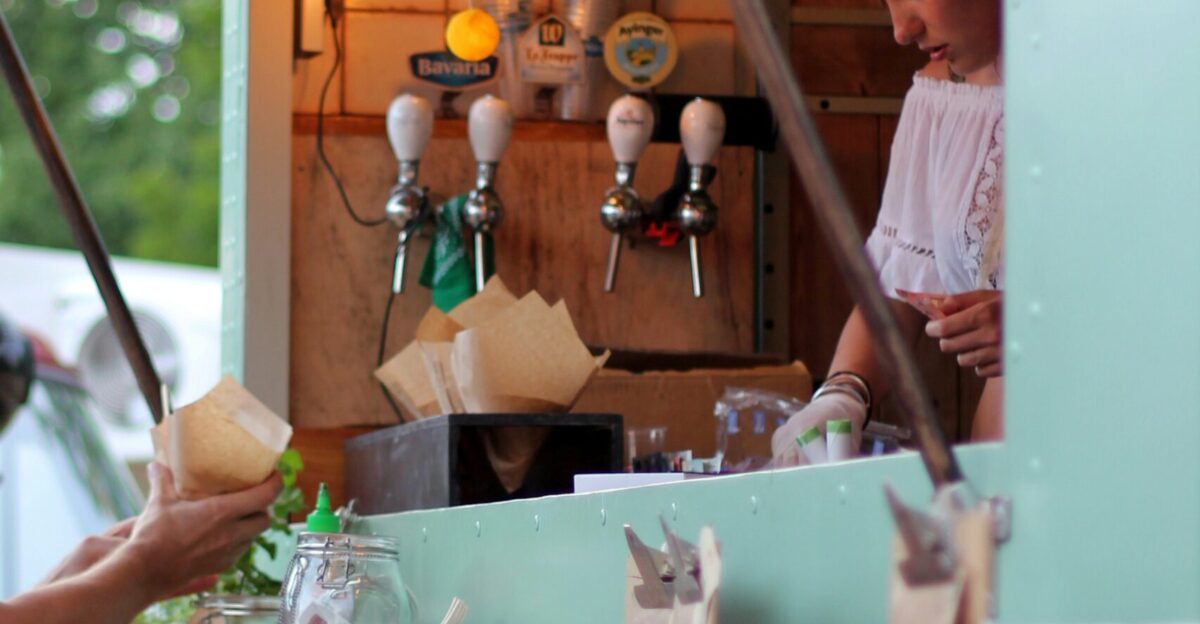
The labor shortage in the food truck sector reflects that of the broader restaurant industry, which has only been worsened by the pandemic. Low wages, lack of benefits, and irregular work arrangements have driven many workers away.
Most importantly, much of the workforce on taco trucks are unauthorized immigrants who don’t have unemployment benefits to fall back on, so when trucks shut down, they are left with nothing. The resulting labor shortage cripples operations and service levels, further deterring shoppers.
The exodus of these workers reduces industry capacity and harms neighboring communities whose survival and socio-economic aspirations depend on them.
How The Pandemic Still Haunts Street Food Culture
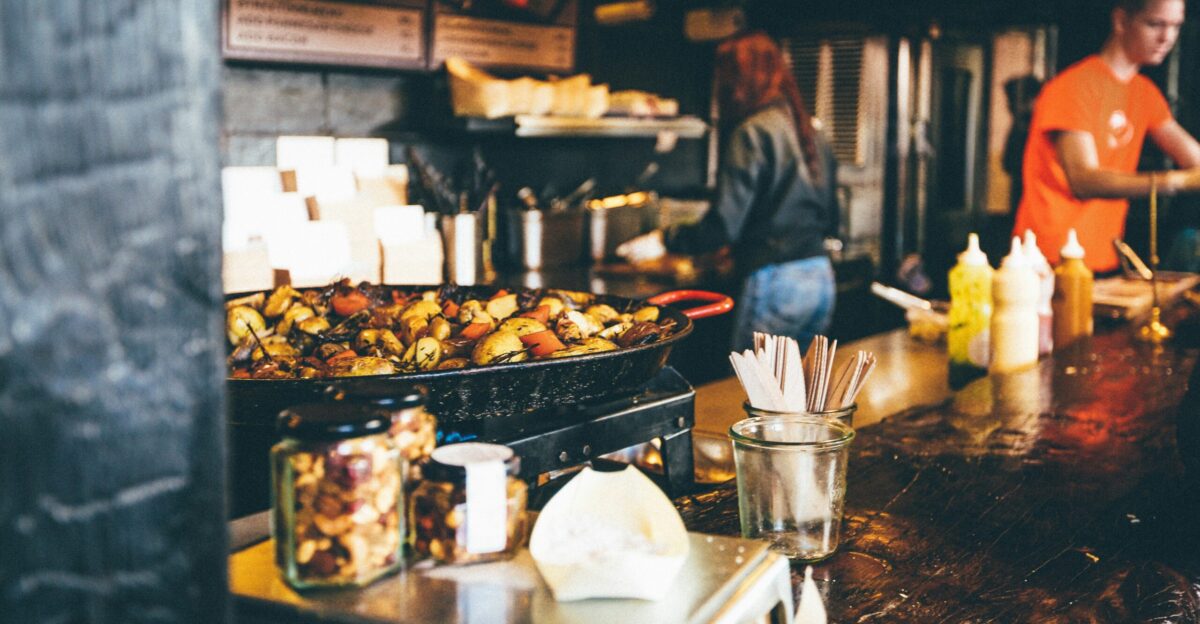
Taco trucks got the final death blow from COVID-19 because the crowds and events that fed their business were gone. Social distancing mandates and “Safer at Home” orders emptied streets and parking lots, sometimes slashing revenue up to 70%. Several trucks had to reduce hours or shut down entirely.
The pandemic exposed the weakness of a business model that relies on public gatherings and passing traffic. Despite easing restrictions, looming health and economic woes have smothered any bounce back that a once-booming industry should have experienced.
Social and Cultural Effects Of The Shutdown
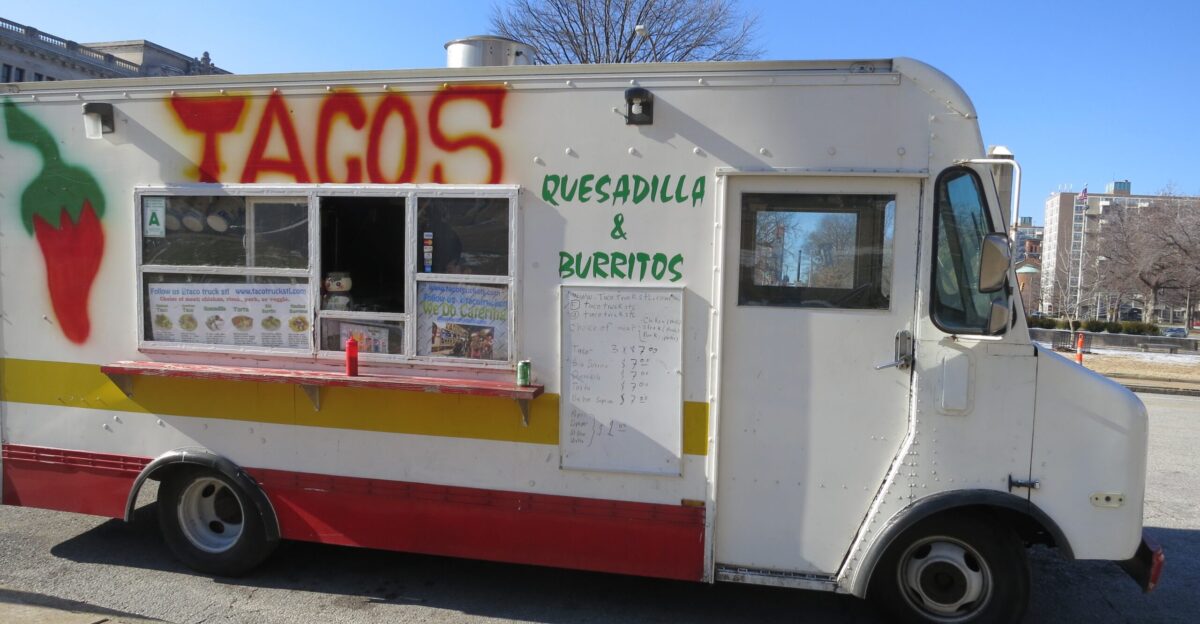
Taco trucks have been an economic gateway for immigrants and a stepping stone to self-sufficiency and community involvement for generations. Their removal delegitimizes a way to eat, to be sure, but also a way of social networking and cultural expression.
The trucks are spaces of cultural exchange and identity reassertion, especially in Latino communities. The shutdown could shut these vital spaces down, deepening the social divides and class marginalization we already see.
It is a privation that reverberates beyond “economic oppression” to cut to the core of multicultural urban existence.
Will The Shutdown Fuel Innovation?

This shutdown will give rise to something new. Virtual restaurants (often called ghost kitchens), delivery-only concepts, or vegetable-focused fixed menus will help restaurants transition to serve! Consumers change what they choose to eat; restaurants change and innovate.
Now there’s a chance for bar owners to use new vegan, sustainable trends in food to reinvent themselves. But doing that kind of disruption requires capital and technological skills, which are different from those of most taco trucks.
The big question is whether the industry is moving fast enough to survive, and these changes will just serve a newer, higher-end customer.
The Los Angeles Taco Truck Exodus: An Extreme Case of Industry Struggles
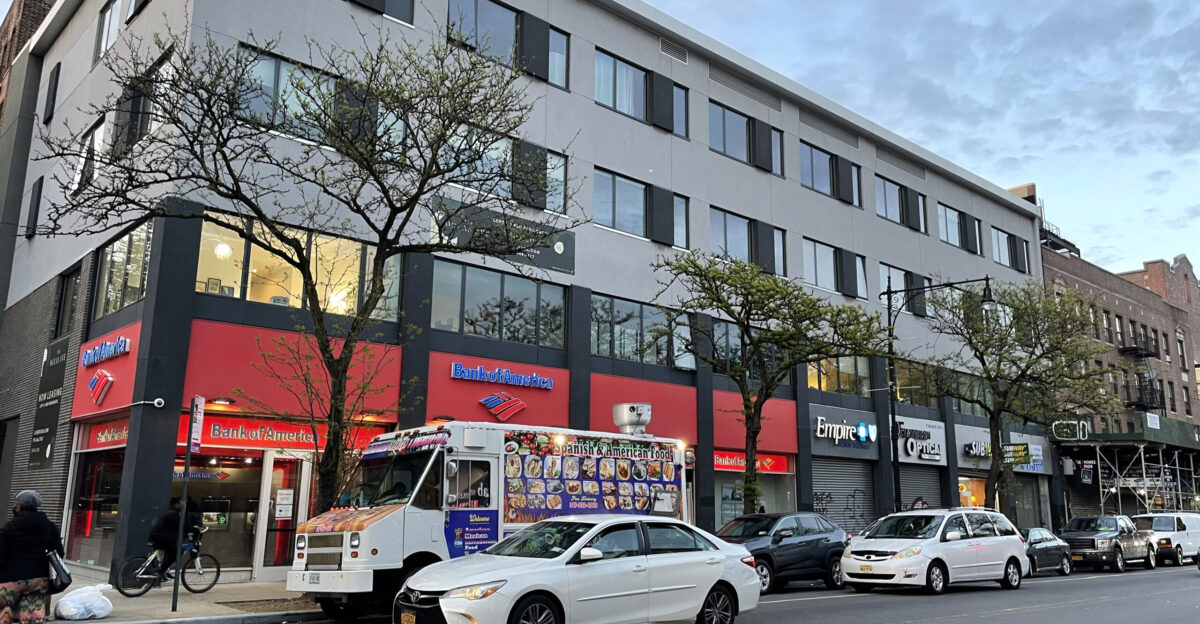
Los Angeles, home to over 800 taco trucks, is a poster child for the crisis. Once bustling streets in Boyle Heights now see dwindling lines and smaller trompos of meat. Family-run trucks report 20-70% drops in business, with many considering permanent closure.
The economic impact extends to workers, vendors, and service providers from owners, illustrating cascading economic implications. LA’s recent shuttering of unlicensed vendors during the pandemic gave the crisis a new accelerant, exposing just how policy decisions can hasten industry collapse in immigrant enclaves.
The Mental Strain Of The Shutdown and The Resilience Of The Community

Fear of deportation, financial ruin, and loss of identity are significant weights to carry. Yet resilience is also located in grassroots response and community solidarity, such as food trucks changing gear to deliver to vulnerable populations and frontline workers during a crisis.
This hope and despair duality is the human factor often absent in economic analysis, and an understanding of this psychological terrain is required to produce policy that preserves, rather than destroys, those institutions that make our communities strong.
A Call For Thoughtful and Compassionate Action
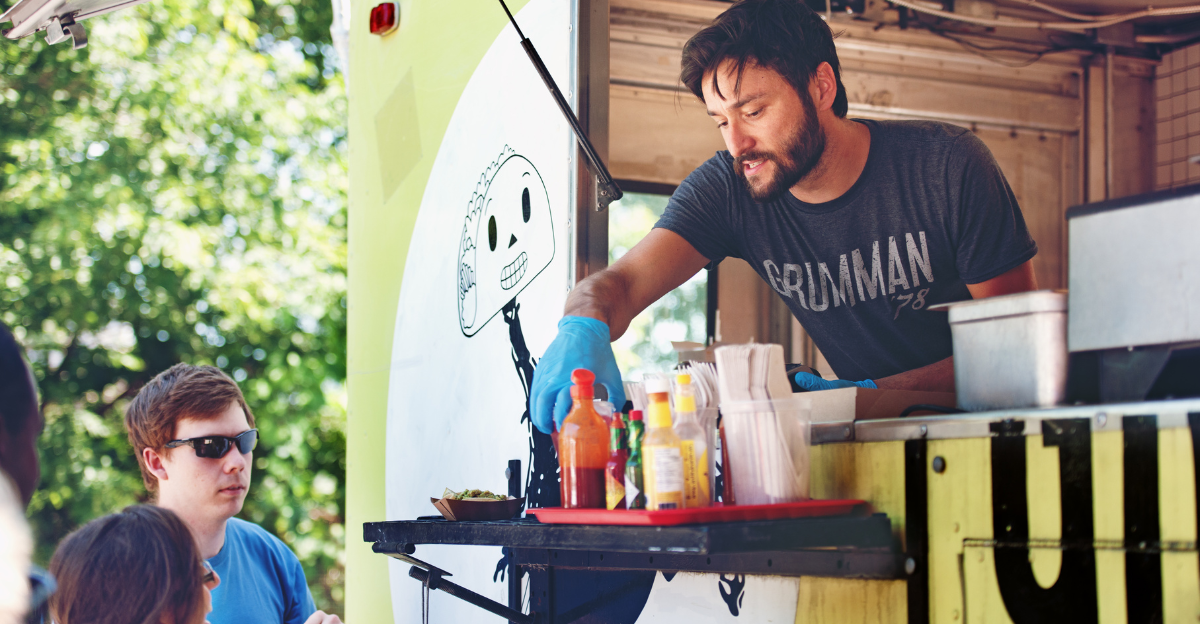
The closing of taco trucks from coast to coast is a crisis at the intersection of economy, policy, and culture. The industry (or at least the portion that happens in the U.S.) faces all-but-inevitable collapse in crucial areas without rapid, targeted intervention via relatively generous regulation, immigration policy, and economic incentives.
Losing the extinction would cost immigrant entrepreneurship, cultural diversity, and urban vitality. Policymakers must embrace taco trucks as food carts and essential community institutions. The future lies in some unachieved balance between compassion and enforcement, tradition and innovation, dignity and survival.
Discover more DIY hacks and style inspo- Follow us to keep the glow-up coming to your feed!

Love content like this? Tap Follow at the top of the page to stay in the loop with the latest beauty trends, DIY tips, and style inspo. Don’t forget to share your thoughts in the comments — we love hearing from you!